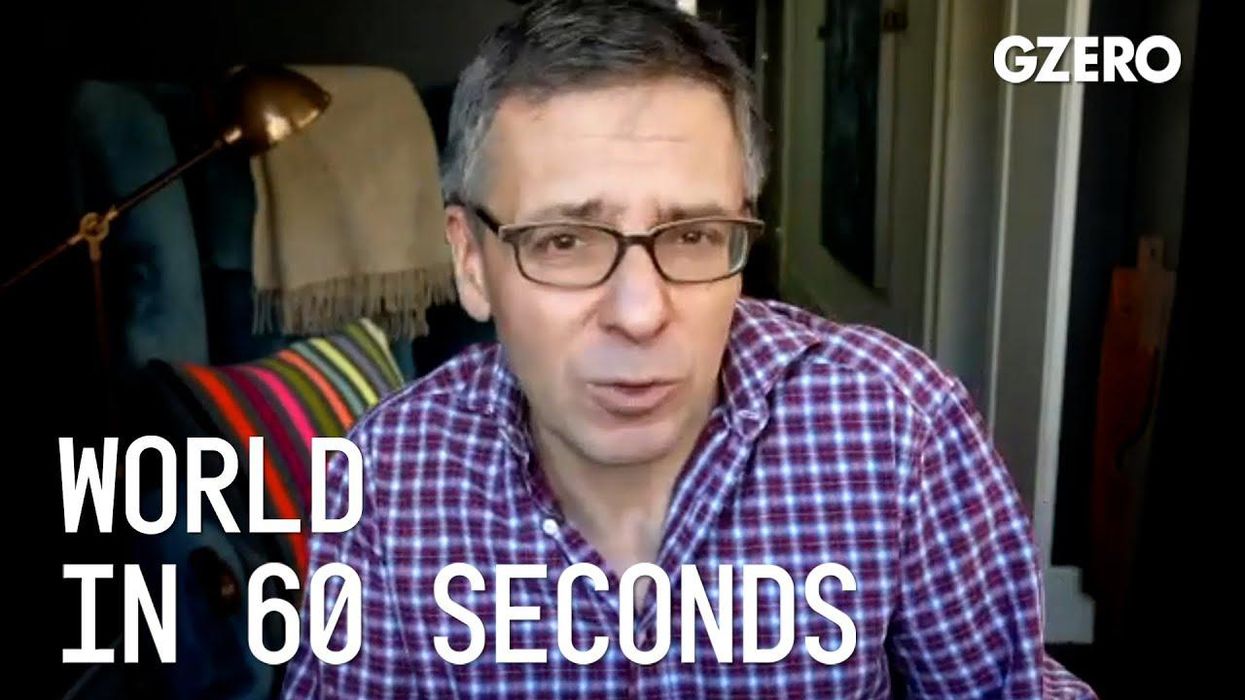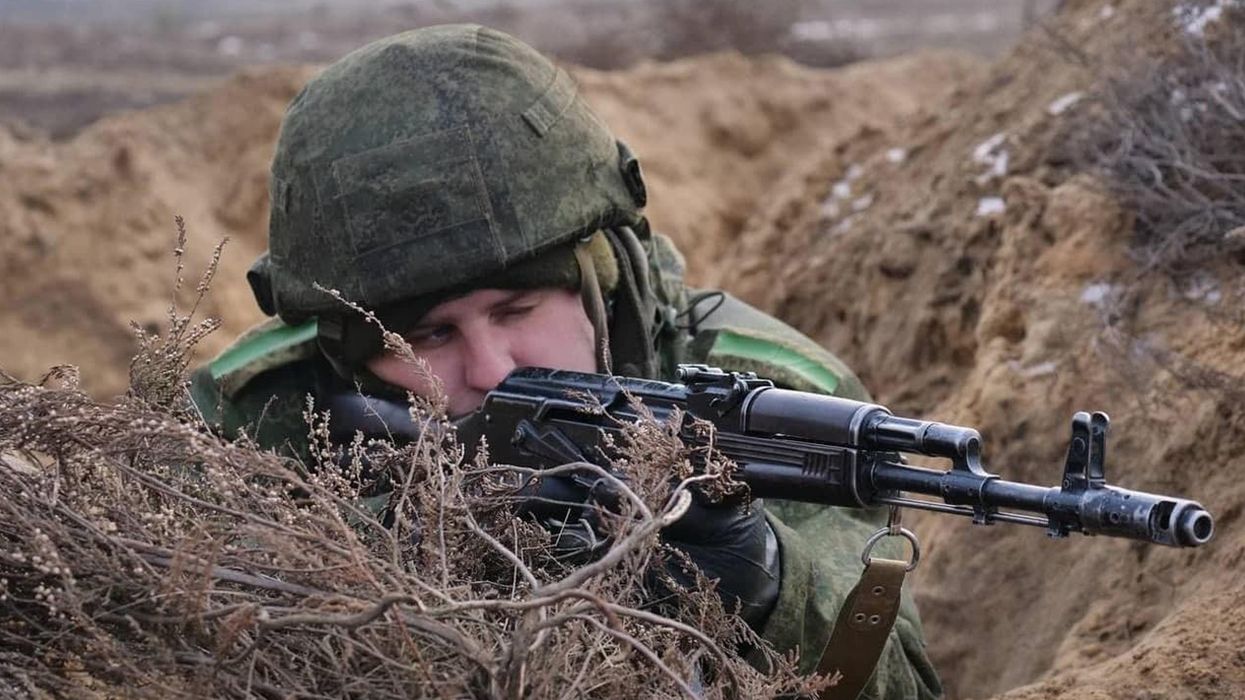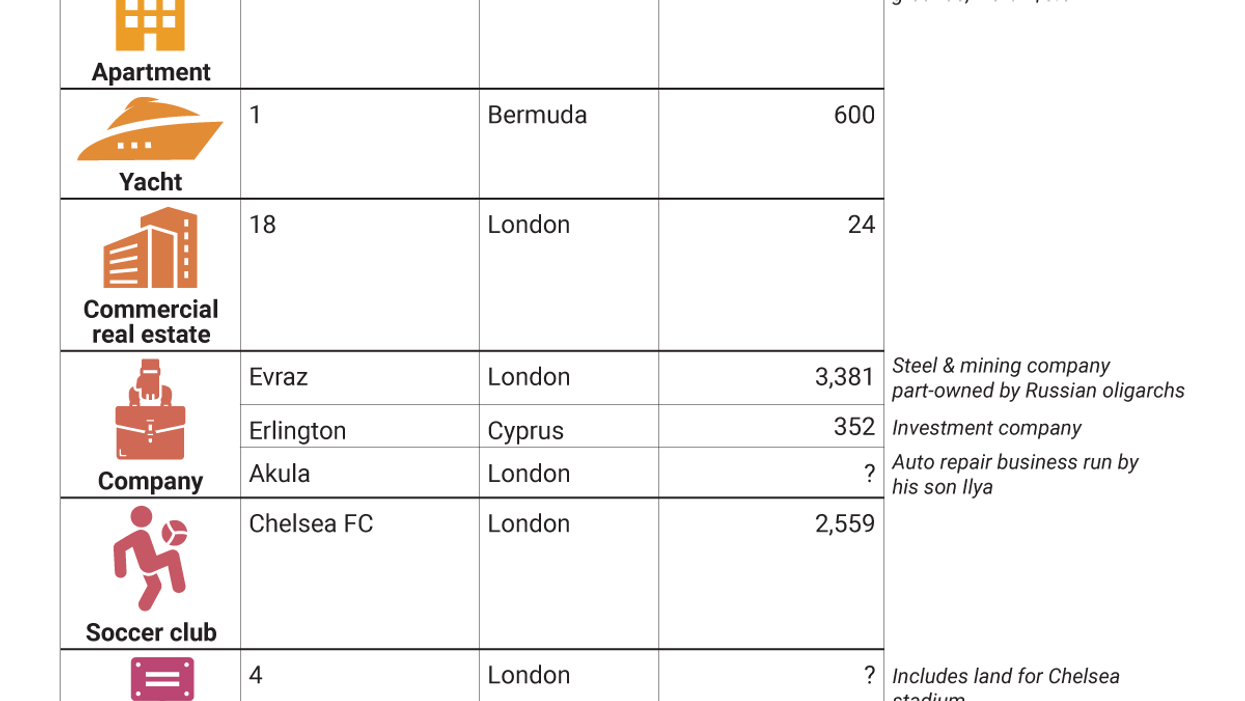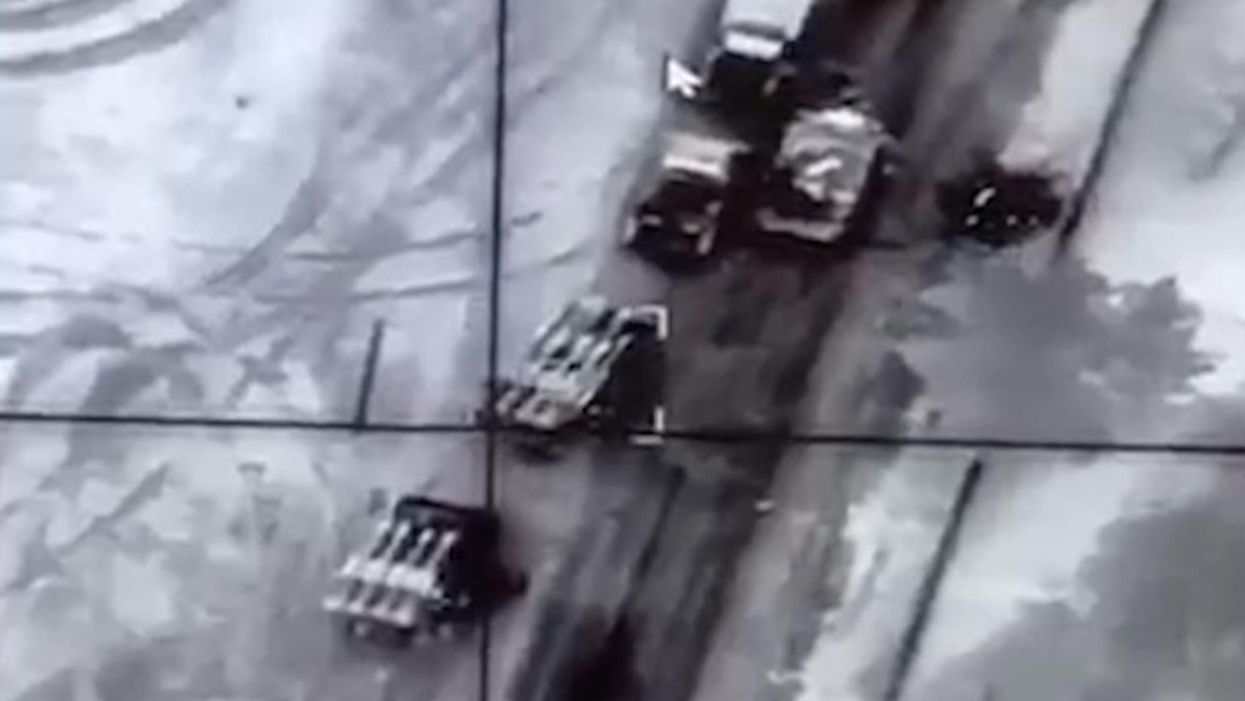ask ian
End of globalization for Russia
Who poisoned Russian oligarch Roman Abramovich? Does Russia's invasion of Ukraine mark the end of globalization? Will Shanghai's lockdown begin to shift China away from its zero-COVID policy? Ian Bremmer shares his insights on global politics this week on World In :60.
Mar 29, 2022




